ON THE DAY Aaron Boone received the phone call that would change his life, he was preparing to accept a new job. Boone already had lived a gratifying professional life: third-generation ballplayer, author of a famous home run, beloved teammate, prominent TV analyst. This job -- an all-purpose front-office role with the Minnesota Twins -- was a logical next step.
Then his phone rang. It was New York Yankees general manager Brian Cashman. Just days earlier, Cashman had fired Joe Girardi, the team's manager for a decade. The Yankees had a job opening.
"You interested in interviewing for this?" Cashman asked.
Boone had awakened that morning with nothing more on his agenda than to watch his son Sergot's football game. Now he was fielding a question he hadn't even considered. His answer came easily:
"Hell yeah."
Before his interview, Boone reached out to Houston Astros manager AJ Hinch, Los Angeles Dodgers manager Dave Roberts, Milwaukee Brewers manager Craig Counsell, all of whom share the qualities that he embodies: personability, open-mindedness, charm, principle, conviction. He talked with Pete Carroll, the Super Bowl-winning Seattle Seahawks coach. Boone didn't want to know whether he could do the job -- serve as the public face of the most storied organization in American sports, placate the 25 idiosyncratic alpha males that populate a clubhouse, translate the analytical data that dominates front-office philosophies into player-friendly, game-usable product. He knew he could.
Boone needed to understand what managing would do to him.
"One of the things about baseball, even going back as a player, that I've tried was to enjoy the crappy part of it too," Boone says. "If you're going to be in this life, I think it helps that you enjoy it all to some degree.
"So when there's difficult days, maybe it's a tough loss or a tough decision to make or a tough conversation to have, I try to -- I don't know if enjoy is the right word, but embracing those things too."
His first two years in management have given him plenty to embrace. Boone won 100 games in his first season and followed with a bravura performance this year, weathering a record 39 injured-list stints to fashion a 103-win follow-up -- the first manager in baseball history to win 100-plus games in his first two seasons.
There have been sacrifices along the way. For years, Boone took pains not to curse. A return to the dugout ended that (and a hot mic illuminated it in glorious, profane fashion for the world to hear). His days of falling asleep unaided have vanished. Every night he relies on an iPad, AirPods and the catalog of "Friends," streaming on Netflix. This is what it takes to weather the tumult.
And now, on the eve of New York hosting Game 1 of the American League Division Series against the Twins, Boone faces the start of the only true test for any Yankees manager: guiding the team toward its next championship, what would be the 28th in franchise history. Daunting as it is, Boone shrugs. If he has learned anything in the past two years, it's that he was made for this moment.
THE WORLD, TO Aaron Boone, is a million-piece puzzle, and he gathers the pieces one at a time. His mind naturally banks everything he sees, no matter how tiny the detail. This skill has led to his signature party trick: His imitations of Joe Torre walking to the mound and Alex Rodriguez's distinctive habits at the plate -- and the physical tics of dozens of other baseball players -- are too good to be parody. He can become whomever he pleases.
And it doesn't end with impressions. Watching Boone canvass the Yankees' clubhouse is like watching a politician work a room. Boone processes everything while looking at nothing in particular. Each pat on the back comes with a motive. No question asked is benign. During batting practice, Boone lobs compliments at players around the cage -- "I like the moves that you're making," he'll say -- asks about their approach, filters and notates changes. He is processing information, collating it, filing it away for when he'll need it next.
"He's always watching," Yankees star Aaron Judge says. "He's not just sitting in his office, writing the lineup, coming out to give a couple signs. He's involved with all of us. The pitchers, the hitters. He's got perfect timing with all of that."
This, as much as anything, is the quality that convinced the Yankees he could succeed despite his inexperience -- this sixth sense that baseball people call feel. Those who have feel get it -- the interpersonal relationships, the gravity of situations, the how and the why. Feel is walking into a room, taking its temperature and understanding what matters to every person.
The Yankees' 2019 roster, with its MLB-record 30 different players spending time on the injured list, presented plenty of challenges for Boone's people skills. He needed to assimilate fill-in players and make them feel like regulars. "He told me I belonged," said third baseman Gio Urshela, who joined the Yankees in New York after Miguel Andujar tore his shoulder in April. While that seems like a simple thing, Urshela had spent 2018 bouncing around the Triple-A homes of the Cleveland Indians, Toronto Blue Jays and Yankees, fearful that at 26 years old he might forever find himself pigeonholed in the minor leagues. Instead, he wound up one of a handful of Yankees breakouts this year.
At the same time, Boone had to nurture the egos of a record number of injured players, whose mental fragility is often as acute as the physical. Injuries cause doubt, and doubt festers, and the entire ecosystem of a clubhouse can rot amid the disease. These players -- some of the Yankees' biggest stars, including Giancarlo Stanton and Gary Sanchez -- needed to understand they were still an important part of the team, regardless of its success in their absence. Boone took great care in this balance -- in back-patting, in question-asking, in temperature-taking, in understanding.
"He's always been a great people person and knows how to communicate with people," says pitcher CC Sabathia, at 39 the most wizened Yankee. "That's the biggest thing in the game today."
THE MOST REMARKABLE thing about Aaron Boone? For a guy who grew up baseball royalty, played in the major leagues for a dozen years, married a model, was broadcast into millions of homes weekly, he still manages to come off like a perfectly average guy.
That has always been the case. In a family of overachievers, a teenaged Aaron stood out for how normal he was. His grandfather, Ray, was a two-time All-Star infielder. His father, Bob, won seven Gold Gloves as a catcher. His older brother, Bret, finished third in 2001 MVP voting, made three All-Star teams and won four Gold Gloves at second base. Because of his last name, Aaron couldn't avoid baseball, but he never struggled to find an identity outside of the sport.
"Everybody loves Aaron," Bob says. "They always have. At school, he would befriend the outcast, take everybody under his wing. He was so nice it was kind of sickening actually."
Boone was a good player -- he played at the University of Southern California, like his brother Bret, got drafted in the third round by the Cincinnati Reds and debuted in the major leagues three years later. He made his only All-Star team in 2003 and was traded two weeks later to the Yankees, whose gaping hole at third base was their lone vulnerability. Boone filled it ably until the postseason, when he fell into a deep slump. It got so bad that Torre benched Boone for Game 7 of the AL Championship Series against the Boston Red Sox.
Then came a pinch-running appearance in the eighth inning, an at-bat in the 11th, a first-pitch knuckleball from Tim Wakefield and a pennant-clinching home run. As the Yankees celebrated that night, Bret, in town broadcasting the game for Fox, crashed their party. Bret stood on a table, raised a glass in the air and said: "Ladies and gentlemen: For one night and one night only, I'm proud to be known as Aaron Boone's brother."
Three months to the day later, Boone was playing pickup basketball with his brother-in-law when an exuberant opponent bulldozed him. The ACL in his left knee tore. The Yankees had signed him to a $5.75 million contract over the winter -- a deal that prohibited him from playing basketball. Had he lied about the cause of the injury, he could have received his whole salary. Instead, he told his agents to tell Cashman the truth, even though he would forfeit nearly $5 million when the Yankees later released him.
"It feels very simple to me," Boone says. "That's what happened, I needed to let my team know, and I needed to get it fixed. That's just how I live my life."
This is where Boone's career takes on a bit of a butterfly effect quality: That injury forced the team to scramble for a third baseman. With all the best free agents signed, New York instead engineered one of the biggest trades in the sport's history, dealing for Rodriguez and his then-record $252 million contract. At a recent Sunday Night Baseball game, Rodriguez introduced his daughters to Boone. This guy, Rodriguez said, is the reason your father was a Yankee.
Boone bounced around the next five years, playing for the Indians, Florida Marlins and Washington Nationals and signing with the Astros prior to the 2009 season. Before spring training, he underwent a routine checkup in which a doctor found that a congenital heart defect that Boone had known about since college had worsened. At 36, he needed open-heart surgery.
On the night before the procedure, he had dinner with his best friend, Ryan Stromsborg, and his agent, Adam Katz. A few minutes after they returned to their hotel rooms, Stromsborg heard a knock on his door. It was Boone. He was holding three envelopes.
"If anything goes wrong tomorrow," Boone said, "can you make sure to take care of this?"
One letter was to Boone's wife -- who was pregnant with their second child -- and son. Another was to his parents and brothers. The third was to his friends. Though the procedure was a success -- Boone even made it back for 10 games in September before retiring -- he said having to consider his mortality so young compelled him to do more with his life.
In 2012, Boone's wife, Laura, joined a mission trip with their church in Haiti. As they prepared to build a clinic, boys from a nearby orphanage helped dig the ground for the foundation. One of them, named Jeanel, forged an immediate bond with Laura. She returned home and asked Aaron what he thought about adopting Jeanel. When Laura visited Haiti again, she learned Jeanel had a younger brother, Sergot. Over the next two years, the Boones went through an intensive process -- trips to Haiti, meetings with psychologists, evaluations of their home -- before the adoptions were finalized. In 2014, Jeanel and Sergot moved in with Boone, Laura and their two biological children, Brandon and Bella.
"Look, everyone is a little bit different and has different gifts and things to give," Boone says. "Some things you may do are overwhelming to me and no chance. This was something that was a no-brainer and easy for my wife and I. That's a gift."
The kids are getting older now, and that gave Boone pause before he took the Yankees job. He knew what it entailed. They would need to uproot the family from the Phoenix area to Connecticut. Half the season he would be gone; the other half he would see them only in the mornings. Baseball is an infernal grind, the sort that can wear down a man and expose something entirely uncharacteristic. The thing is, Boone's family knew he couldn't say no. Because deep down, that element of the game -- that grind, the daily attempt to enjoy the hard part -- might have been what he missed the most.
STRIP AWAY THE vulgarity, the rhetorical questions and the righteous anger, and all that is left from Aaron Boone's now-legendary rant at rookie umpire Brennan Miller on July 18 is a single, simple sentence: "I feel bad for you." In the middle of a tirade at Miller and his inconsistent strike zone against the Tampa Bay Rays, during which Boone coined the phrase "savages in the box" to describe Yankees hitters, he managed to offer something rarely if ever seen in the annals of manager-umpire dust-ups: empathy. (Another sign of Boone's uniqueness among managers is that the comments did register as genuinely earnest empathy, not sarcasm.)
As bad as Boone felt for Miller, he does not feel bad for what he did.
"It's a hard balance to strike of being respectful and not just bitching all the time," Boone says. "But also, I'm going to battle for it too. We're playing for a lot."
"I don't want this to be about demeaning another person, which I didn't mean to do with the umpire," he adds. "But there was a lot of truth to it. That's what I view [the players] as. They are relentless. It's probably sometimes why I get a little too far when I'm yelling about strike zones. Because I know how hard we are on them. We're going to control the strike zone."
That Boone's objections came in such eminently quotable fashion -- adorned with four F-bombs and a couple of other expletives -- wasn't particularly surprising given the scenario. It was Game 1 of a doubleheader. Almost all of the Yankees' best hitters were off the injured list and in the lineup. Miller, in his fifth career major league game working home plate, was calling an inconsistent zone from the first inning. Early in the game, Boone was yelling in the dugout: "Bear down" after one borderline pitch, and "Get better" after another and "Really bad start," he said. His players heard him. They were beginning to echo Boone. Brett Gardner (whom, for the record, Boone had been calling a "savage" since the season prior) angled the knob of his bat perpendicular to the metal dugout ceiling and pounded it in frustration.
Miller was going to eject someone. Boone just didn't want it to be a player.
The next day, Boone apologized to the young ump, rueful that a field microphone had picked up his rant and allowed Jimmy O'Brien, the Twitter user known as @Jomboy_, to clip the 21 seconds of fury, post them to Twitter and enlighten the world. The sentiment has lived on, inside and out of the clubhouse. Boone's mom, Sue, bought 15 T-shirts stamped with Savages in the Box. Yankees players still talk about it, wear the T-shirts and embrace this defining identity.
"It was getting our guys fired up," Gardner says. "It's a big part of the game. It's a long season. I'll be honest: We lose our minds from time to time."
Managers can earn instant credibility simply by standing up for players. Boone recognizes this. He knows all the tips and tricks. He downloaded an encyclopedia of advice from Bob, who spent six years managing the Cincinnati Reds and Kansas City Royals, and adapted it to the modern game. In Bob's day, managers would have never allowed an analytics team near the clubhouse. His son embraced the sport's evolution, and even if he disagreed with the findings, he always promised to think about it. Sometimes, he would get back in a couple of minutes, sometimes a couple of hours, sometimes a couple of days.
"It's like a sponge growing right before our eyes with every decision he has to make, every discussion he has to have," Cashman says. "Whether it's a send-out [to the minor leagues], navigating a difficult circumstance, taking a ball from the starter's hand early. All those things, he just continues to benefit and grow from. I feel like we got one of the better managers in the game, and we're lucky that we ran into him."
Here's the thing about the job in 2019: Managers, especially ones with just two years of experience, are far more often scapegoats than heroes. Boone knows his mandate. In the 15 years since Boone's ALCS home run, the Yankees have been to the World Series once. It is a stretch equal to the barren 1980s and early 1990s, and to break it the Yankees -- as short on starting pitching as they are long on home runs -- must beat the Twins, a team that set a new MLB record for home runs in a season, then, likely, an Astros team that is among the best in MLB history, not to mention whoever advances from the National League.
"If we don't win a World Series, you understand what the reaction is going to be from the city," says Phil Nevin, Boone's friend dating back to high school and now the Yankees' third-base coach. "We're healthy. We're expected to be in a certain place at the end of October. We expect to be there too. But we know how hard this game is. And if it doesn't go the way we hope it does, there will be backlash."
FOR NOW, THE potential of backlash or consequences or ruminations can wait. When Boone thinks of his two years with the Yankees, he prefers not to waste time on what isn't or might not be. Not because he's unwilling to acknowledge the possibility of another year that ends without a World Series appearance but because you do more with your life by considering what got you here.
Boone vividly remembers Dec. 1, 2017. The USC football team was in the Pac-12 championship game. (His Trojans fandom is the one piece of his life that truly vexes Boone and can prompt prodigious mood swings.) He and Brandon flew to California. They met at a hotel with Stromsborg and his son Jake. Like eight years earlier, Boone came bearing a note. He made sure Brandon wasn't looking and slipped it to Stromsborg, who opened it.
"Shhhhhhhhhh," the note read. "Brandon doesn't know that I'm going to become the manager of the New York Yankees."
As Boone and Brandon walked away, Stromsborg showed it to Jake. They tried to hide their excitement -- and needed to bite their tongues when they met Boone and Brandon again later for lunch. Stromsborg asked Brandon what he thought about his dad interviewing with the Yankees.
"Horrible idea," Brandon said. "My dad has coached one year of flag football. The Yankees? He'll be gone within a year."
Minutes before the game, Brandon was sitting outside of their suite when Boone finally told him. Right around kickoff, the news broke on Twitter. Texts poured in. A dozen, then 50, then 100, then hundreds -- everybody from all walks of Boone's life, from the elementary-school outcasts he still kept in touch with to the teammates whose respect he had earned to those who had helped facilitate Jeanel and Sergot's adoption to the ESPN crew whom he had befriended on all those Sunday night broadcasts. From afar, they were toasting Boone, and he was with his son and his best friend, watching USC win the conference championship game. Life was good.
The past two years have bolstered that feeling. Managing did what he hoped it would: fulfill him. Boone has maintained balance. If a few curse words and gray hairs are the worst effects of managing the Yankees, that's a worthwhile trade. If he loses an hour or two of sleep nightly when he gets home because he rewatches the game and then a few episodes of "Friends" -- iPad on, AirPods in, chuckling to himself until he falls asleep -- so be it.
He can still wake up with the kids, grab breakfast and take them to the bus. He spends his downtime at Yankee Stadium kicking around ideas with the front-office staff, sparking conversation, maybe making a few phone calls. Soon after he was hired, he gave Stromsborg a ring.
For years, Boone has called him during the work day. Stromsborg is in estate planning and manages finances for the rich and famous, so whenever Boone called and was asked who was speaking, he would name a celebrity. It was odd, then, when Stromsborg's assistant told him Aaron Boone was on the line. He picked up, figuring it was another friend.
"What's up, Ry?" Boone said.
"Boonie," Stromsborg said, "are you using your own name now?"
"Couldn't think of a bigger one," Boone said.
Stromsborg couldn't stop laughing. Classic Boonie feel. He always seemed to know what to say when.
"I want to be authentic in who I am," Boone says. "I've always been pretty comfortable in my own skin. Again, I think that goes back to probably my childhood and how I was raised. I always felt -- people always made me feel my whole life that I was special. And I'd like to think not in an entitled whatever way, but I always felt like people treated me like I was important. I'm grateful for it."
It's why he is so sanguine about this October. The Yankees might win. The Yankees might lose. As much decision-making and strategizing and string-pulling as he does, Boone knows there's only so much a manager can control. Sometimes the guy who is benched winds up the hero anyway. Sometimes you end up with the crappy part. Sometimes you're made for the moment and it still doesn't come to you. And sometimes, when everything lines up right, when the million pieces of the puzzle come together at once -- well, that's just savage.


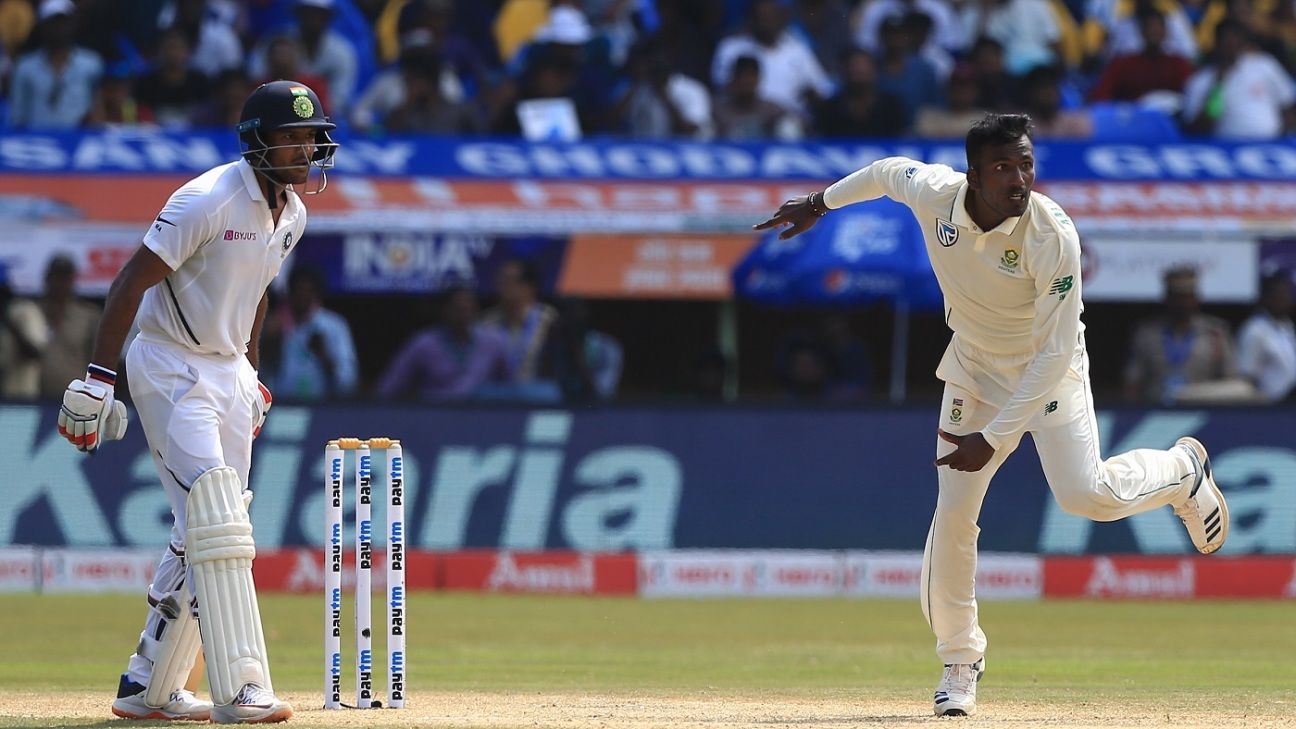
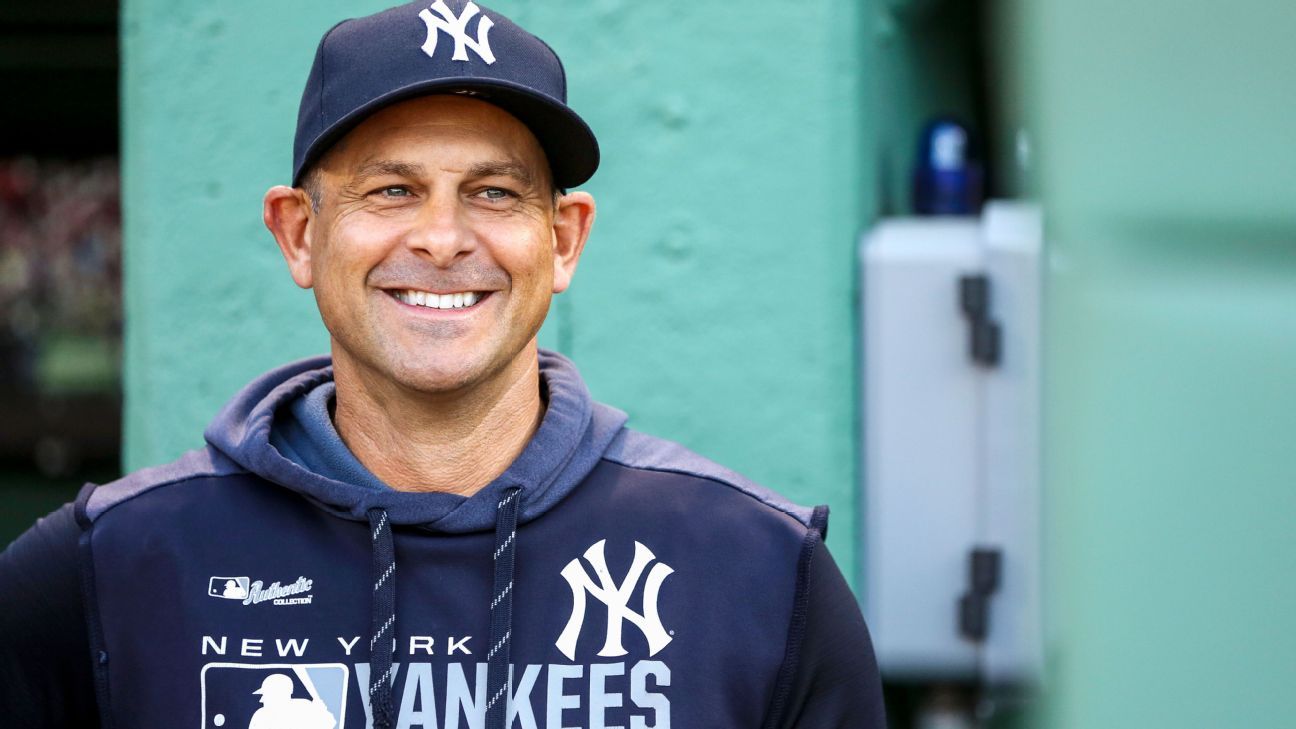
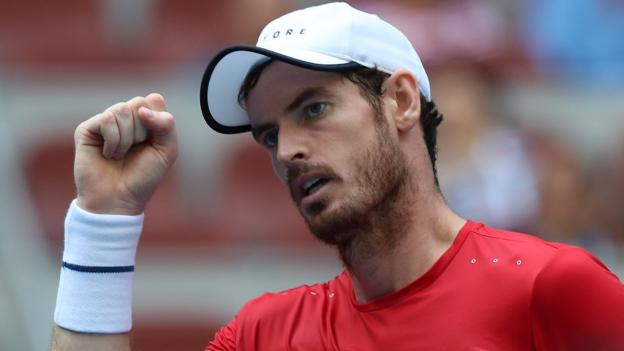


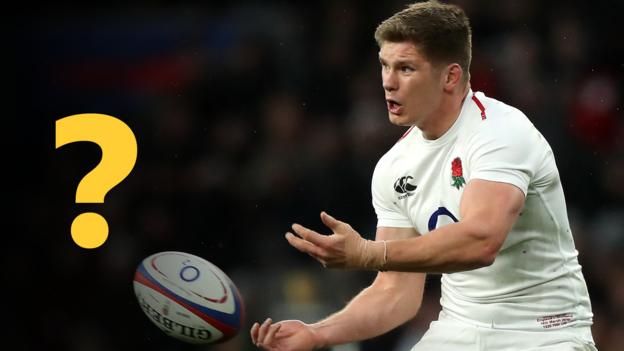

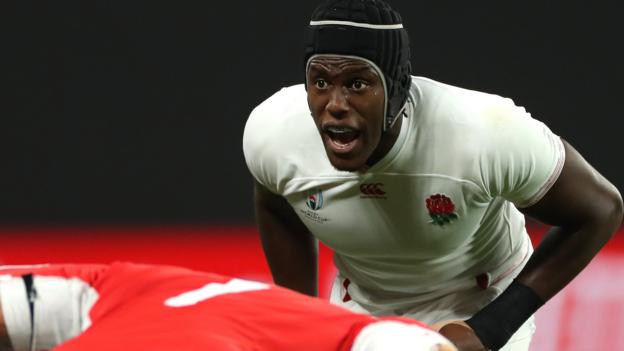
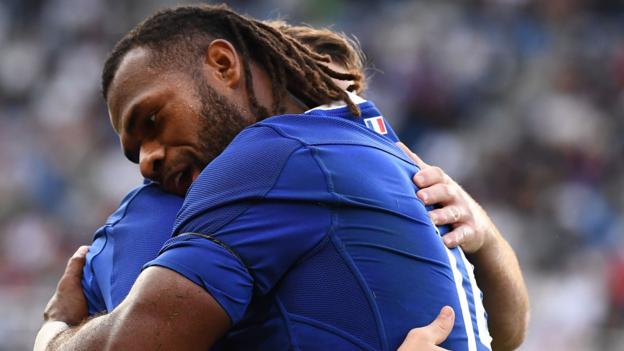
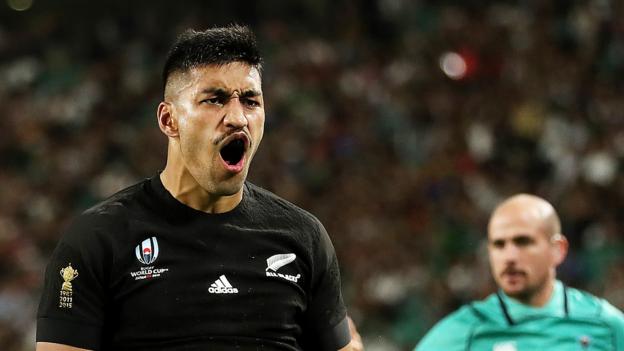













 Phone: (800) 737. 6040
Phone: (800) 737. 6040 Fax: (800) 825 5558
Fax: (800) 825 5558 Website:
Website:  Email:
Email: 






